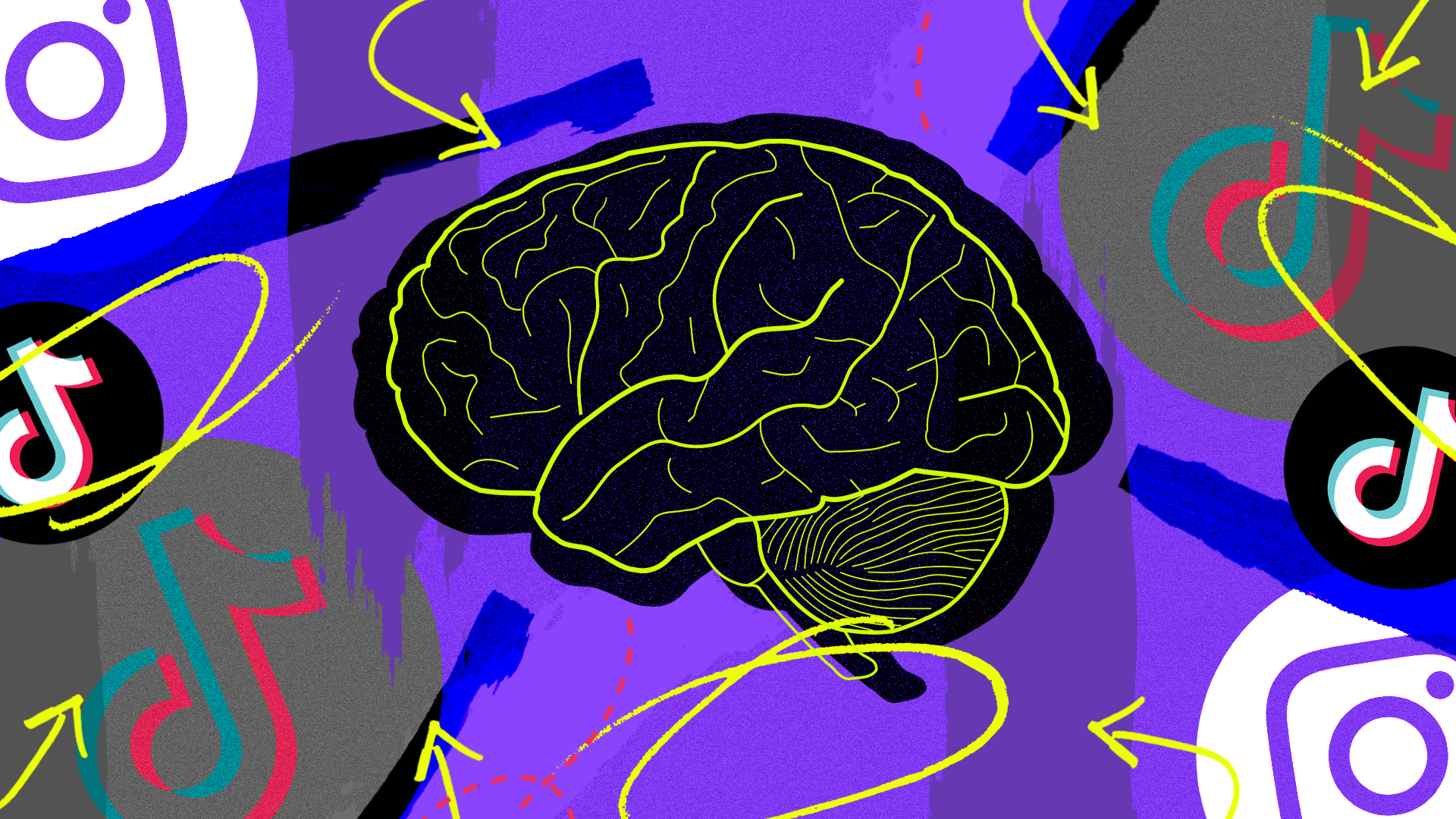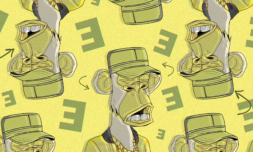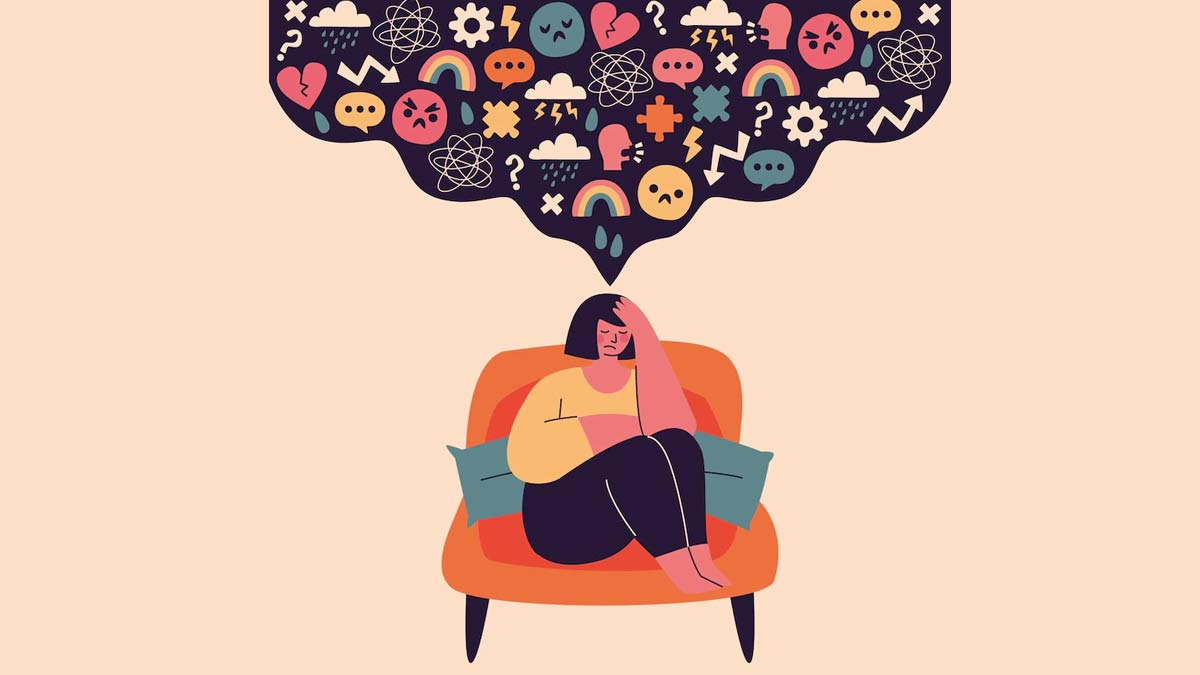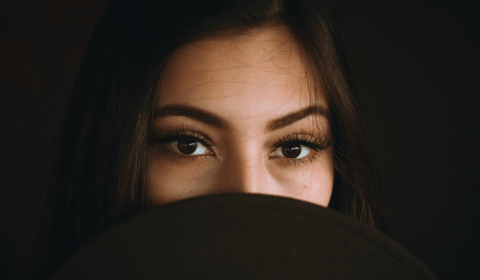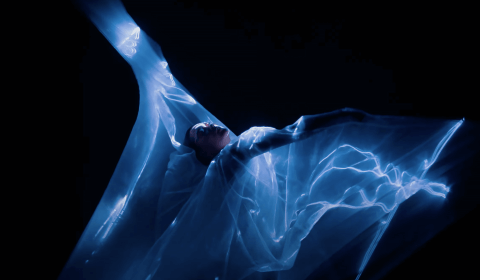According to popular online content, if you’re easily distracted, chatty, and energetic, you probably have ADHD. If you’re a little socially awkward and bothered by loud noises, perhaps you’re autistic. Why have we started demonising uniqueness to glamourise neurodivergence? And how is this damaging?
It seems like every other week there is a new personality disorder trending in online spaces. And if it’s one you’ve heard of before, there’s suddenly a novel checklist of ways to ascertain whether you ‘have it’ or not.
In the middle of a brief social media scroll yesterday, I read a tweet that stated if you hate getting in and out of the shower but typically enjoy the middle part, you’re probably – and I quote – #autistic.
I decided to write about this not just because this tweet genuinely made me want to throw my phone out the window of the bus I was on, but because I’ve witnessed countless instances of people in-person and online blaming perfectly normal personality traits on the mental condition of the moment.
It’s not uncommon for people to suggest that their sudden lack of concentration – which can be caused by various reasons including a lack of sleep, too much caffeine or nicotine, or anxiousness and excitement about the future – is a result of being ‘so ADD / ADHD.’
Others who prefer tidy spaces over cluttered corners (who doesn’t?) routinely blame their ‘cleanliness is close to godliness’ mindset on having obsessive-compulsive disorder (OCD). Which, by the way, is a terribly debilitating condition that often manifests itself more prominently as paranoia, anxiety, and repetitive and compulsive actions rather than insisting on having a pristine home.
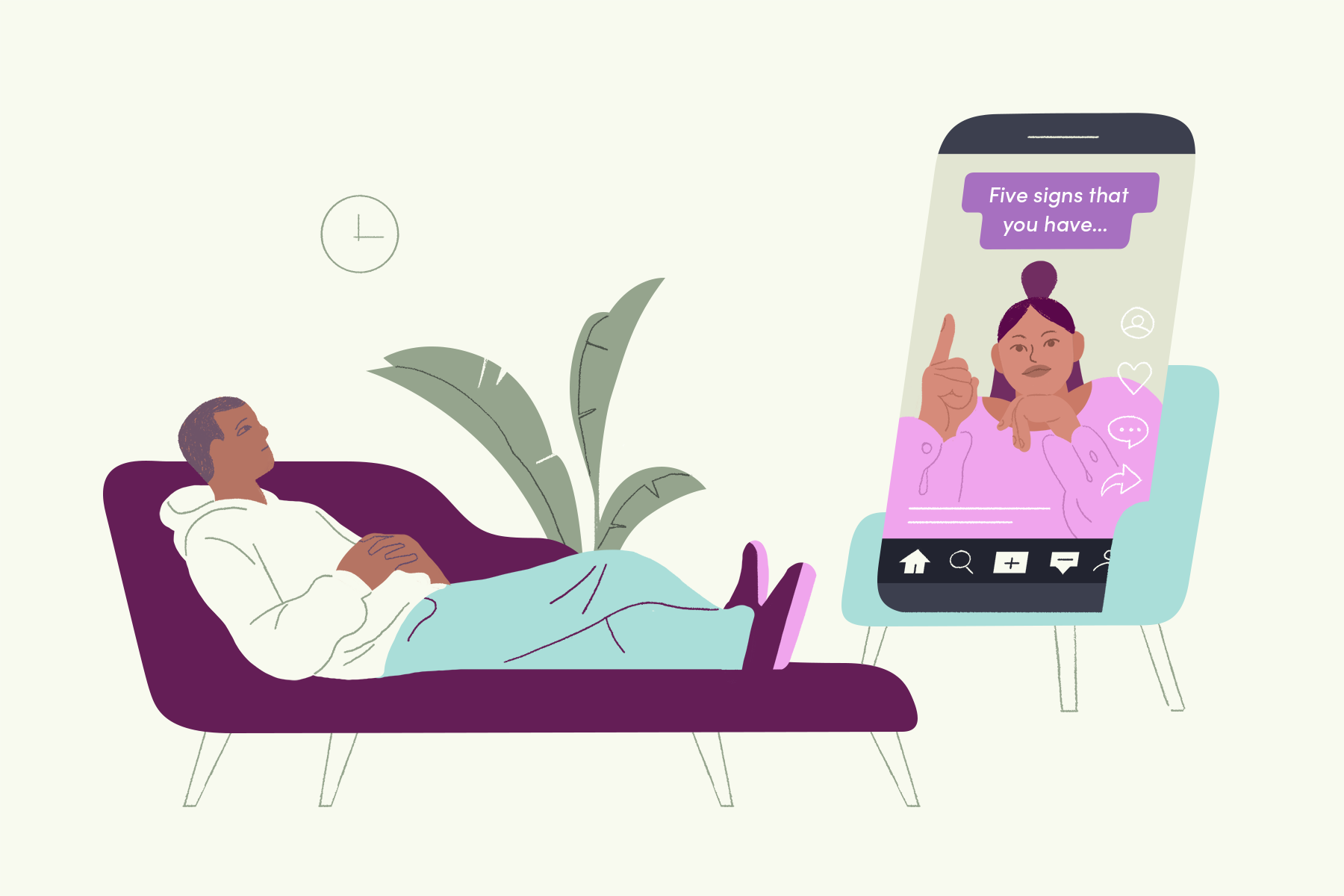
Making matters worse are platforms such as TikTok and Twitter, which are rife with ‘signs you have XYZ mental problem’ messaging styles and other videos offering (genuine to straight-up terrible) advice on how to recognise, process, and heal from a myriad of psychological traumas.
While not a new phenomenon, indications and self-diagnosis of mental health disorders have arguably become sensationalised in the age of social media, where knowledge on any topic can be exchanged quickly and easily. All too often, this results in facts and context becoming warped due to a lack of credibility of the users posting it and those who reshare it.
Of course, an increase in mental health awareness is commendable and important, but when does labelling every quirk or behaviour as either a mental disorder or trauma response risk expecting ourselves (and one another) to be emotionless robots lacking in any uniqueness? And when does it veer into damaging territory?









